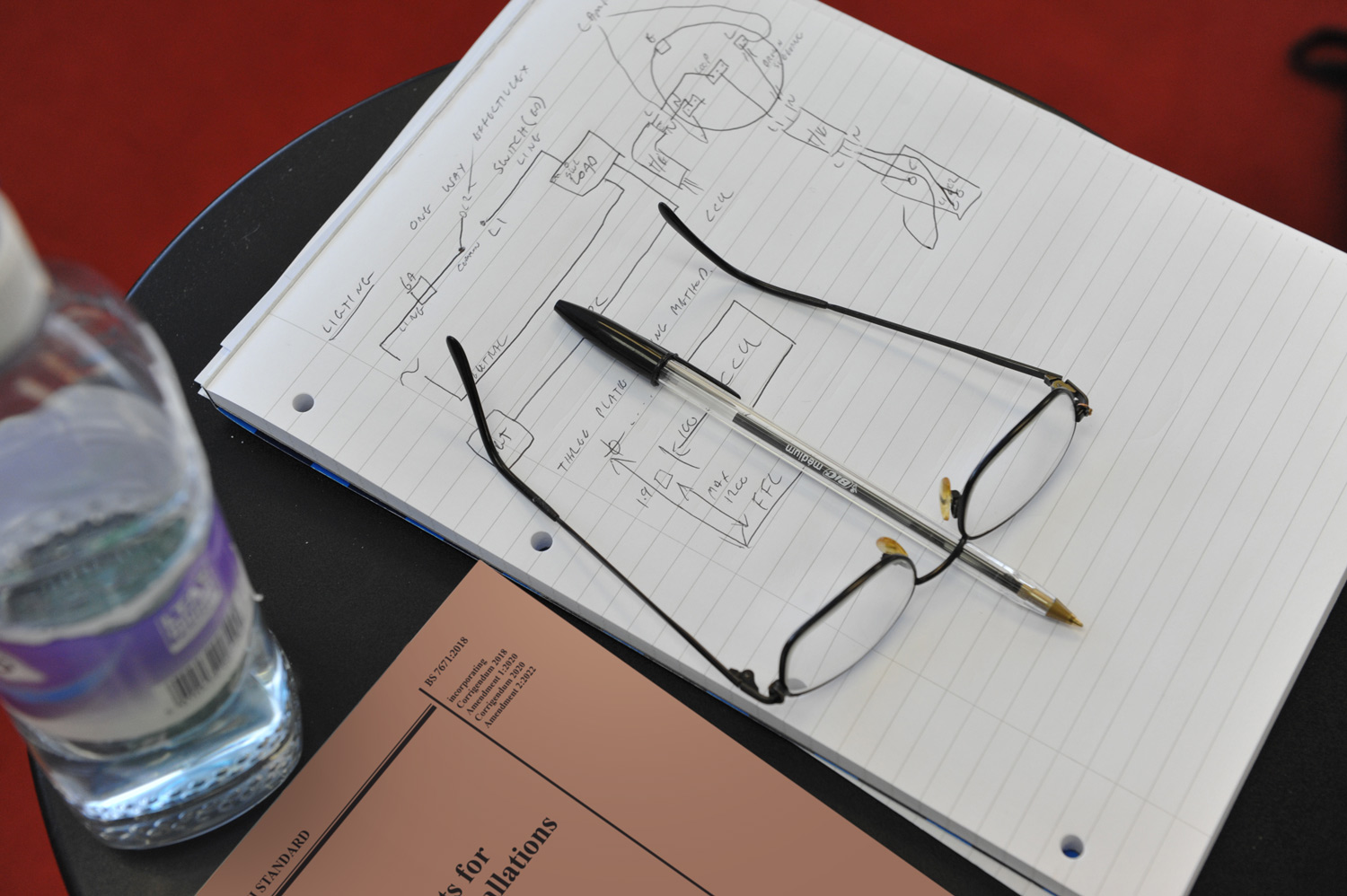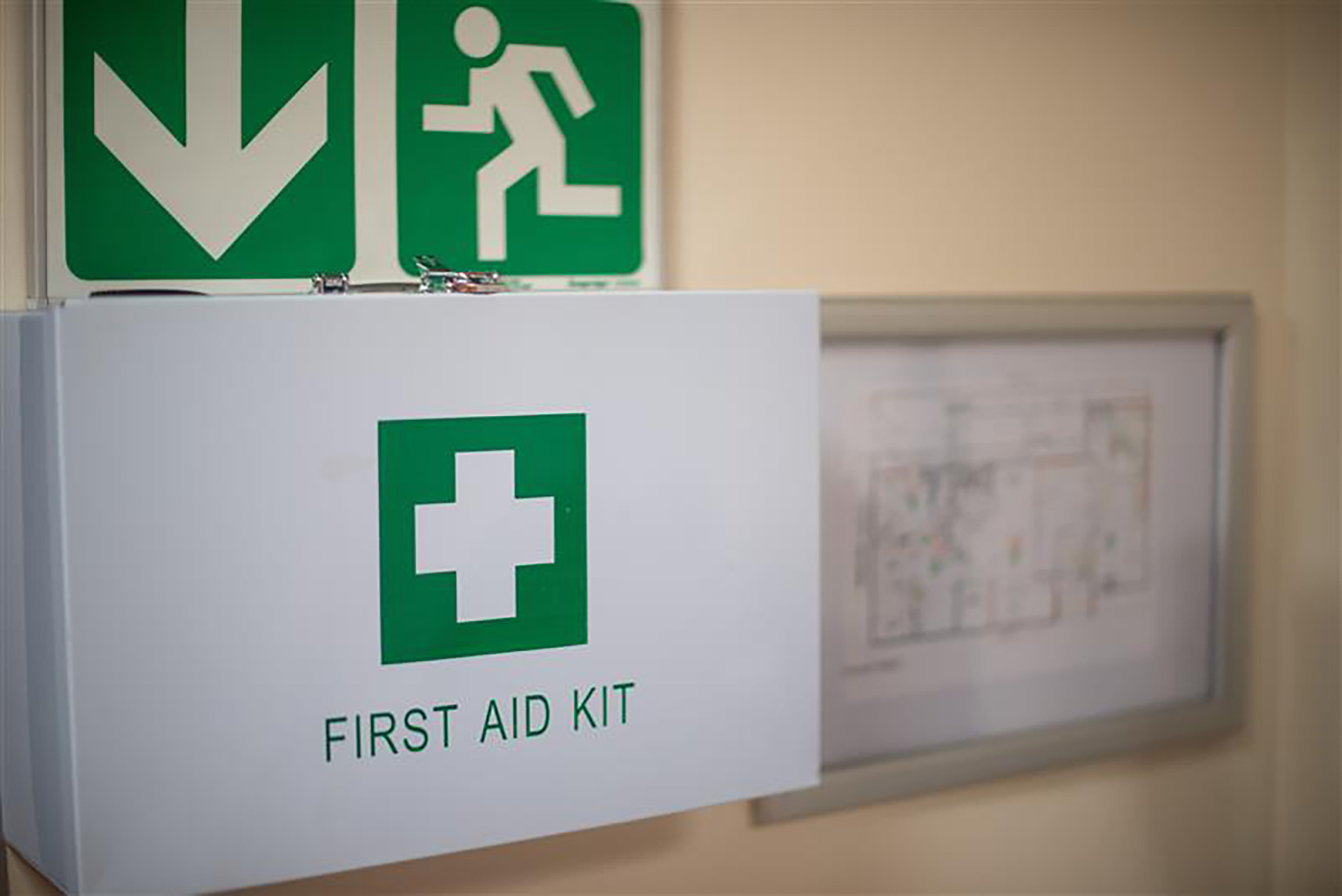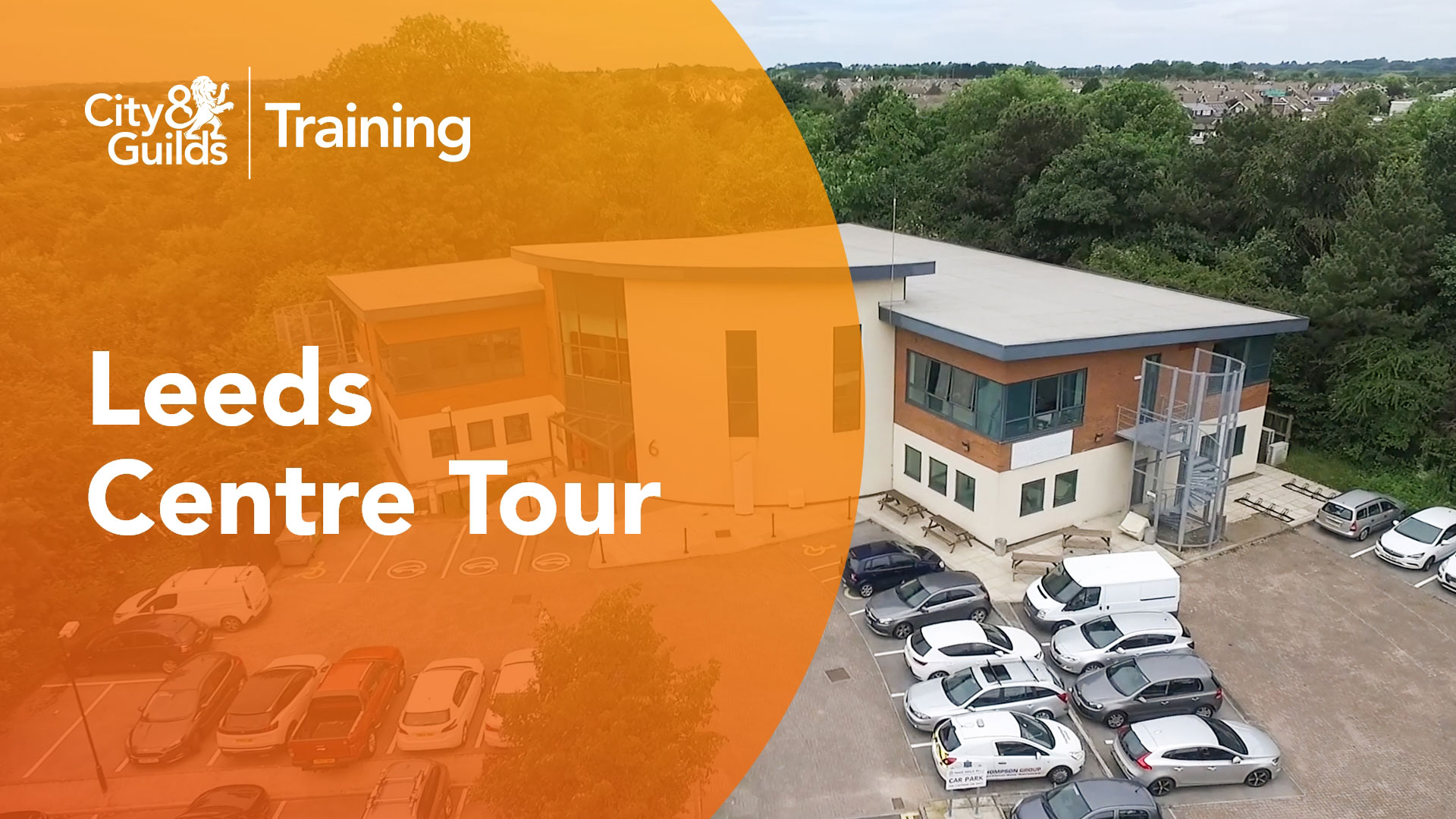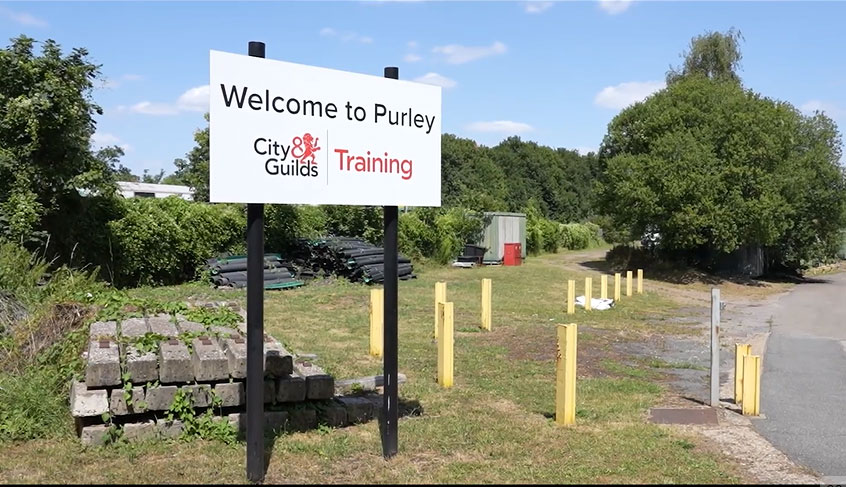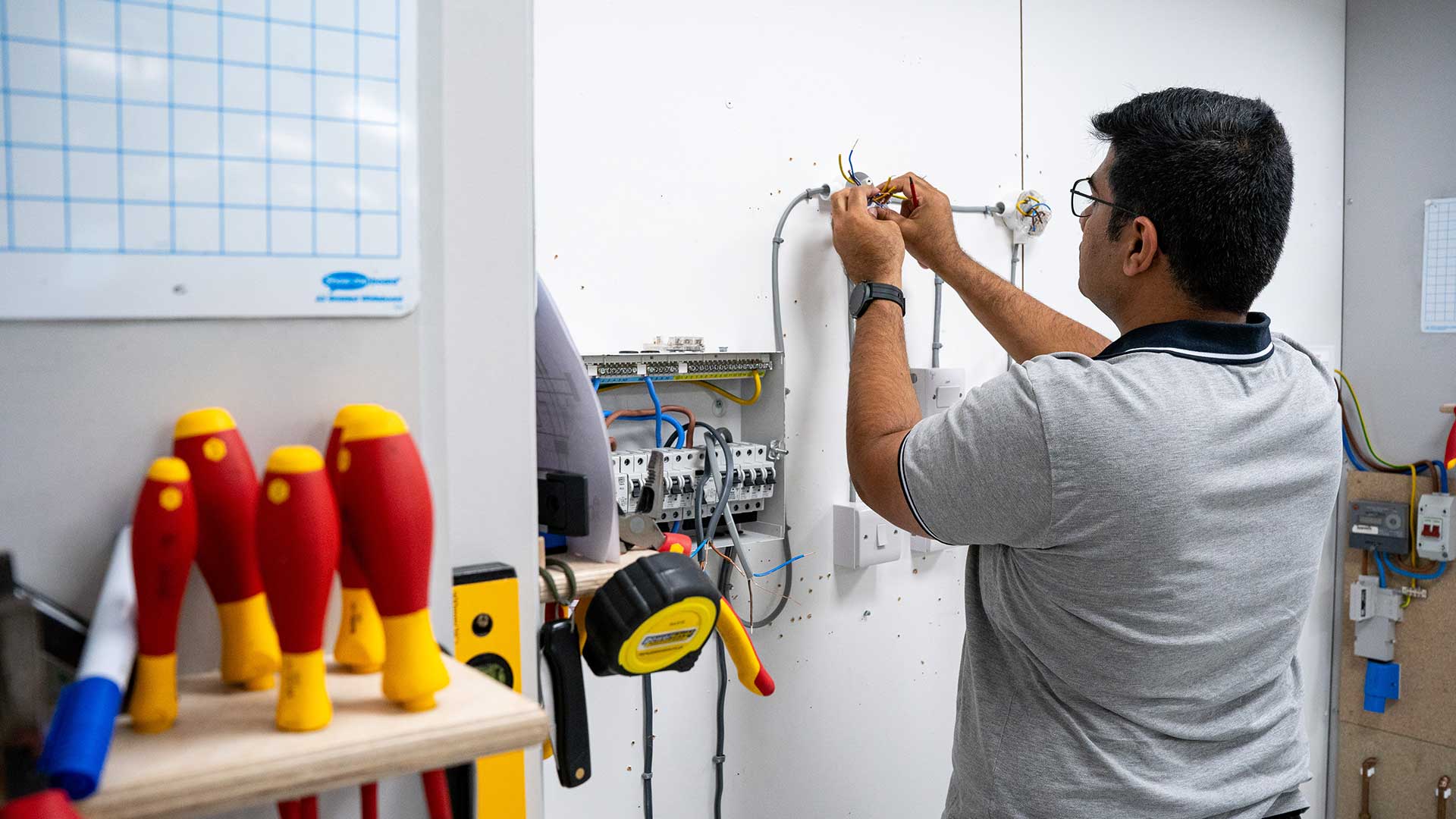Back in April 2013 the Government made some amendments to Part P. One of the key changes was the introduction of a registered third party who could certify electrical work that was carried out by an installer who is not a registered competent person.
However it was not until 6th April 2014 that an official Government approved register was finalised finally ending the confusion about insurance and work guarantees that surrounded third party electrical work sign offs.
Industry Support
The third party register has got off to a rocky start with both the NICEIC and ELECSA opting out of the third party certification scheme amid fears that it could undermine registered electricians, while NAPIT and Stroma point out that the scheme allows electricians to act in place of Building Control officers who can already deliver these services.
The NICEIC and ELECSA believe that the registers requirements fall well short of the standards and safeguards that will enhance electrical safety. Furthermore it is argued that the register is not UKAS accredited meaning that there will be no independent verification that the third party scheme operators are performing to the required standards.
As a result of this, both the NICEIC and ELECSA decided not to produce such a register.
However, the Government is still pressing ahead, accepting that UKAS are unable to accredit this type of work and instead identifying other independent parties to conduct the appropriate audits and verification of the scheme operators.
Third Party Certification Scheme Operators
Currently, there are only two scheme operators who participate in the third party certification scheme. These are NAPIT Registration Ltd and Stroma Certification Limited.
Registration is of both the individual certifier and the company that employs them, this ensures that requirements that can only be placed on a legal entity can be enforced. No electrical business can certify any third party electrical work until they are registered on a Third Party Certification Scheme. Therefore technical competencies of all electricians are checked before third party certification is awarded.
Certifying other peoples work
Electricians can become registered with a Government approved third party scheme provider through either their own company or firm. This would be in addition to self certification registration. Once third party registered you would be able to check domestic electrical work that is undertaken by others and certify it is compliant with building regulations.
The certifier must be notified by the installer in advance, and the certifier involved throughout the installation, not just at the end. The third party certifier will complete a DCLG agreed third party certification report (an EICR is not acceptable) subject to satisfactory completion of inspection and testing, and give this to the person ordering the work. Electrical work must be notified by the certifier to their scheme within 5 days of completion, and this information will be forwarded to local authorities in accordance with the Regulations.
How Technical Competencies will be assessed
Electricians have to meet a minimum technical competence. Both the electrical business and electricians themselves will be assessed on technical competence. You can expect to be examined on your ability to carry out inspection and testing of electrical installations. This will include an independent verification of technical qualifications and an on-site witnessed assessment of inspection and testing carried out by a business or individual unconnected with the third party certification scheme. You can see the level of competence required below:


Source: https://www.gov.uk/third-party-certification-schemes-for-domestic-electrical-work
In the above table we can see that the entry requirements for the scheme are the same as those for the current domestic installer scheme plus a Level 3 Certificate in Inspection & Testing. In laymans terms this means you will need the usual set of qualifications plus a C&G 2394 as a minimum. Most people will ask why not the C&G 2395? The reason is that the certifier will need to be present during the installation so periodic inspection & testing isn’t really relevant. However most people who take the C&G 2394 will probably want to take the 2395 course too as the two courses overlap.
Authorisation of third party scheme providers
The Department for Communities and Local Government (DCLG) are responsible for authorising the third party scheme operators. Third party scheme operators have to meet a total of 21 conditions of authorisation which comprise of the scheme operators own obligations to the DCLG, their obligations to their registered members and customers as well as to Local Authorities.
The last word from NAPIT….
NAPIT agree that the third party register has been receiving some bad press, however as David Cowburn, the Managing Director of NAPIT states, the third party register does have its good points.
David says “Third Party Certification has been getting a bad press because it is portrayed as undermining the work of registered installers. NAPIT share these concerns and will always strongly recommend to householders that they should use registered installers to ensure that work complies with the Building Regulations and is covered by suitable financial protection. However, it is already the case that electrical work can be inspected by Building Control (either a local authority or private Building Control approved inspectors) and this creates a problem that either the work is inspected by someone without electrical expertise, or Building Control have to find an expert and charge for the inspection.”
David goes on to state that the inspection of electrical works by a certifier as against someone from a Local Authority without electrical expertise can only be a good thing and no work can be signed off without a thorough inspection:
“The introduction of Third Party Certification effectively recognises that electricians can do the work of Building Control. As such it is important that it doesn’t weaken the approach that would be taken by a local authority and as such the Certifier must be notified by the installer before the work begins, and must be involved in inspecting the project throughout the installation – this scheme does not allow certification of finished work which can only be regularised by a local authority. Furthermore, a Certifier will have to submit their complete electrical installation report to NAPIT for validation, so work cannot be rubber-stamped without evidence of thorough inspection. We are already being approached by local authorities who would rather refer DIY work to electricians under a Third Party Certification scheme than take the project on themselves.”
Your thoughts
There has been interesting debate on this subject in recent weeks. Which side of the fence are you on? Is the register making a simple thing complicated or is there really something good to be had from it. Are we undermining expertise or embracing it? Over to you guys…..

